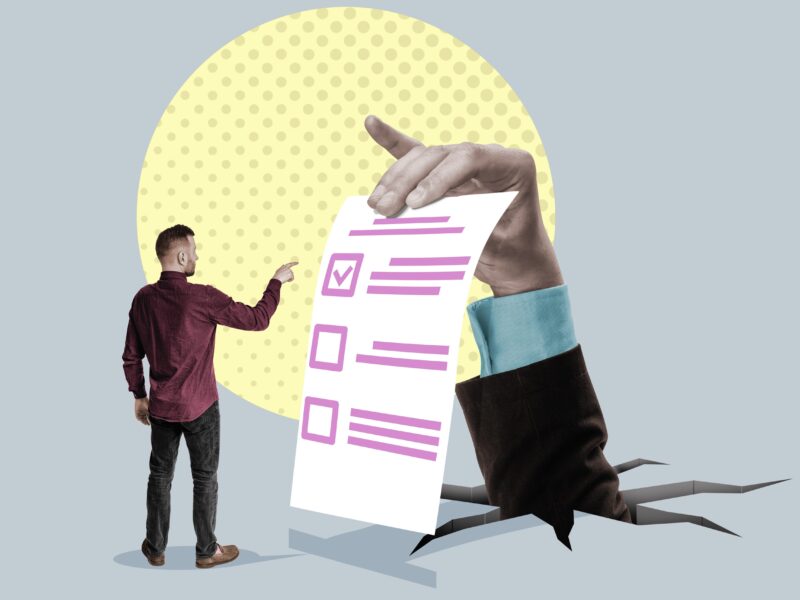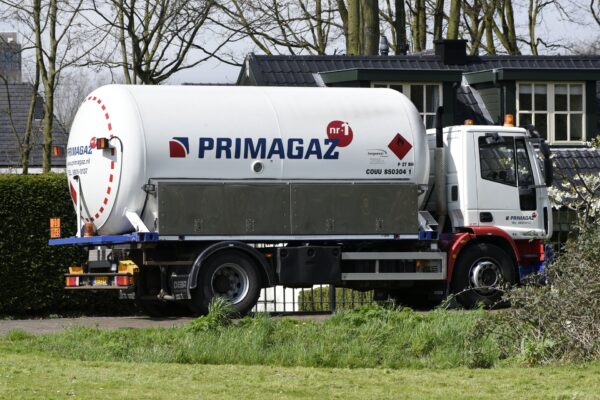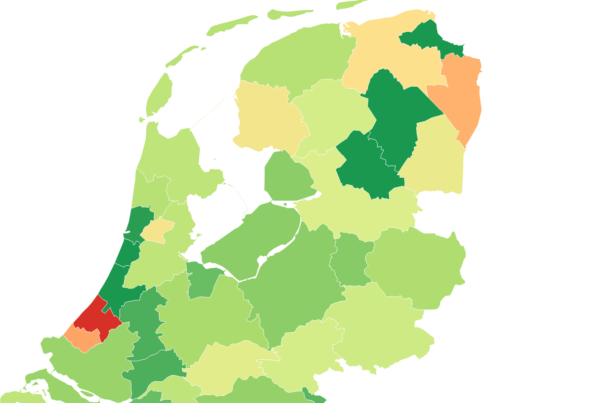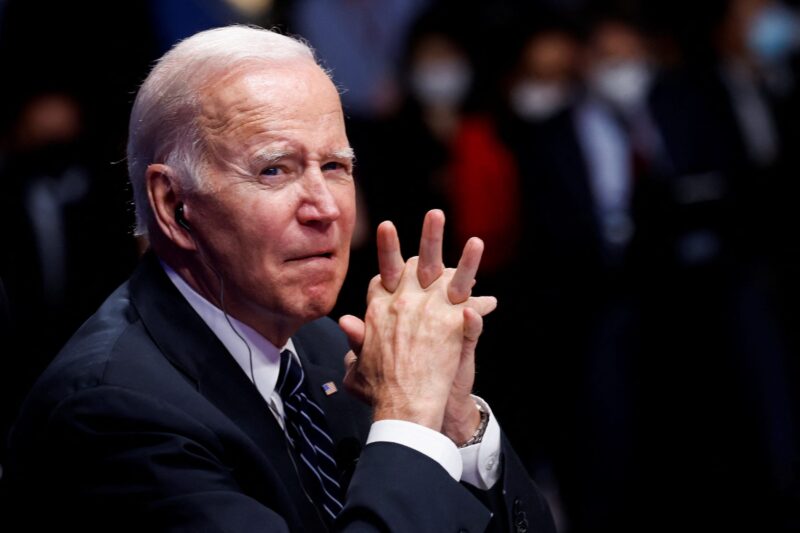Welcome to Business Insider‘s daily healthcare newsletter, your daily dose of pharma, biotech, and healthcare news. Subscribe here to get this newsletter in your inbox every weekday.

Hello,
Somehow, dear readers, we’ve made it to December. And this month is set to be a remarkable one. In the next few weeks, we’ll be hearing about more vaccine approvals like we saw in the UK, and emergency authorizations here in the US.
For a complete picture of what’s ahead this month be sure to check out this extra-helpful timeline from my colleague Aria Bendix.
I’ll be here to guide you through it all. To stay on top of everything vaccines (and healthcare otherwise!), subscribe to this newsletter here, if you haven’t already. Let your friends/colleagues/anyone asking you when you expect to get a vaccine to know to subscribe, too!
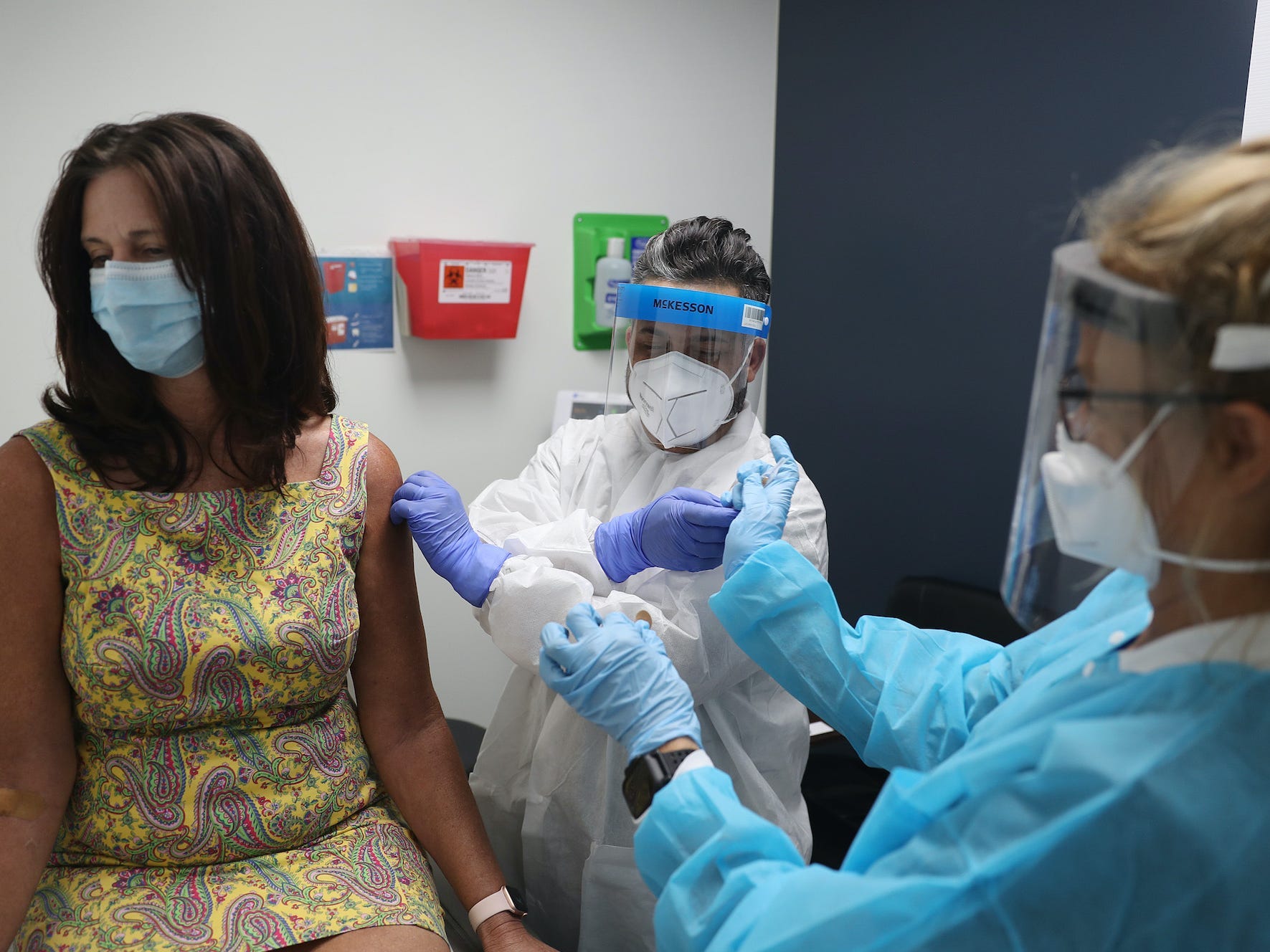
Joe Raedle/Getty Images
A confusing week for AstraZeneca and Oxford
In case you missed it, Thanksgiving week was a roller coaster ride for AstraZeneca and the University of Oxford. The partners released information about how well their vaccine worked last Monday, finding that on average the shot was 70% effective.
But the news and subsequent conversation around the shots left a lot of outstanding questions, many of which our reporters Andrew Dunn and Dr. Catherine Schuster-Bruce outline here.
At the core of the questions: when participants were given a half dose followed by a full dose, the vaccine seemed to have a better chance of preventing COVID-19. In that subgroup, the shot was 90% effective, a number that scientists are now puzzling over.
The discussion has led to a fair amount of criticism over the results. Catherine wrote a helpful gut-check about how seriously to take those criticism, and what will be helpful to keep in mind as well.
Catherine has the full story of the tumultuous week here.
Read the full story here>>
How AstraZeneca and Oxford blew their big vaccine moment: A messy week that overshadowed what should have been a scientific victory
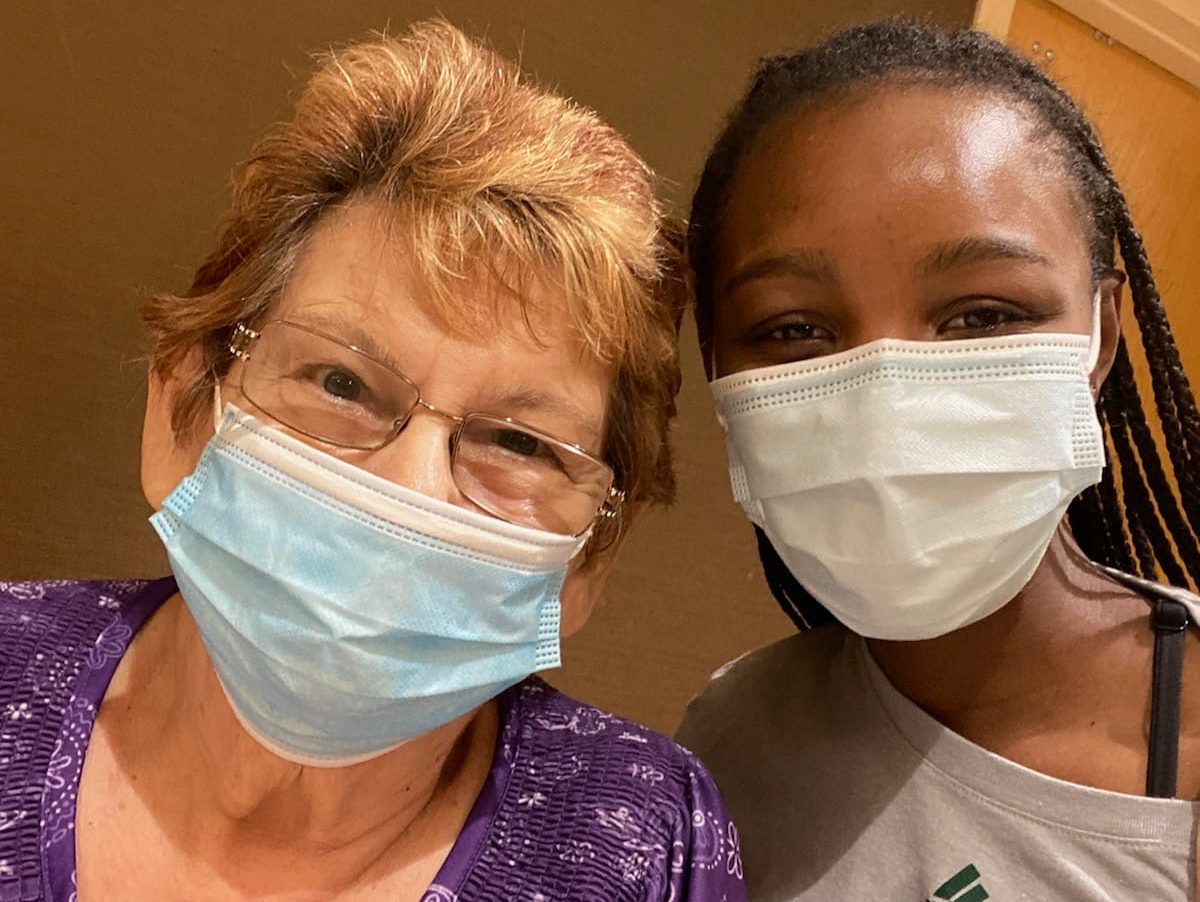
Papa
Inside the budding healthcare gig economy to help more people stay healthy at home
In November, Megan Hernbroth spent weeks digging into where the gig economy is popping up in healthcare.
Specifically, she got an inside look at Papa, a healthcare startup with the premise of connecting seniors with "grandkids on demand." She spoke with nine Papa "Pals" as they're called, about the promises and the pitfalls of the on-demand work.
Along the way, she came across a number of startups with new approaches to home care:
Home care is attracting more investment than ever from VCs.
This week, in fact, Megan caught up with former Kleiner Perkins investor Lynne Chou O'Keefe. She explained why she just made an early bet on an in-home care startup (MedArrive) founded by former Uber exec Dan Trigub.
I, for one, will be curious to see how the industry evolves. In the meantime, you can read Megan's full, deeply reported piece on Papa here.
Read the full story here>>
Investors are betting $1.4 billion that gig workers can transform an essential but invisible part of healthcare. Here's an inside look at one startup leading the charge.
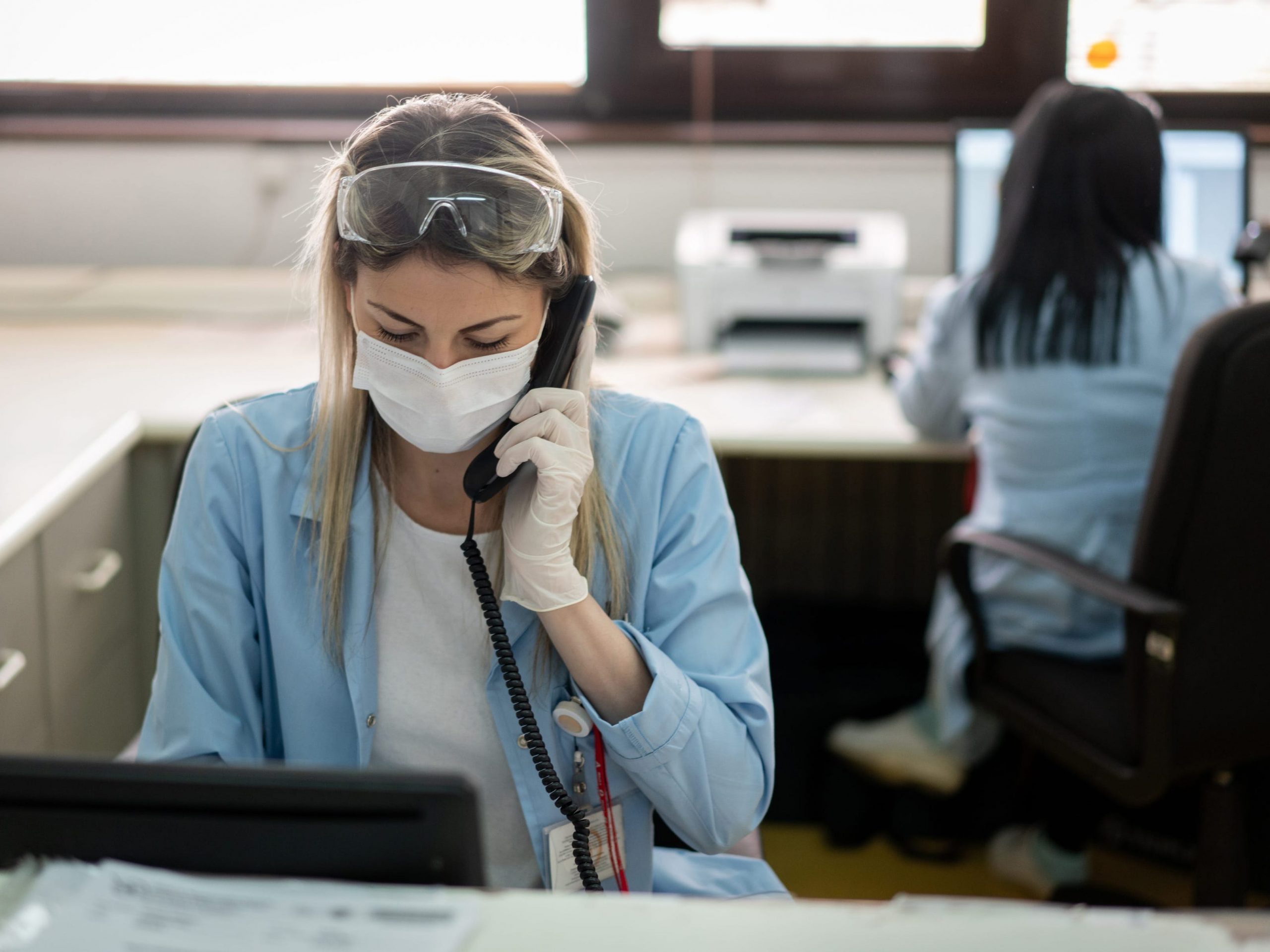
An uncertain future for healthcare startups
By all accounts, 2020 has been a good year for healthcare startups, especially those that found themselves confronting the pandemic head-on.
But a big question I've had all year is: how long will it last?
In a Thanksgiving Eve report, CB Insights cautioned that funding for startups could stall in the final weeks of the year.
Even so, startups have managed to raise tens if not hundreds of millions this year - most recently, on Thursday Everlywell said it snagged another $175 million, putting it at a $1.3 billion valuation.
Blake Dodge got a look at the pitch deck Buoy Health used to raise $37.5 million in November, a round that convinced three (!) rival health insurance venture firms to invest in the startup.
(The head of Cigna Ventures also shared with Blake the 3-part checklist he uses to place his bets on healthcare startups, definitely worth a read.)
Speaking of insurers - Shelby Livingston has the latest on how health insurance startups Alignment, Devoted, Bright, Clover and Oscar are faring so far in 2020.
Another reminder of how tough breaking into the healthcare industry can be: Megan has the story on WithMe Health, a startup that had big ambitions to disrupt the world of pharmacy benefit managers.
Its first attempt - focusing on a new way to pay for pharmacy benefits - didn't pan out, so it's pivoted to focusing on helping patients better manage their medications. The new approach won them a fresh $20 million in funding in a round led by OMERS Ventures, Megan reports.
It's that very venture firm that's hired on longtime health-tech reporter Chrissy Farr as a venture capitalist. We'll miss having her around on the beat, but I'm excited to see what's in store - especially after reading through her chat with Megan on how she plans to approach investing in areas like behavioral and environmental health.
We're in month nine of the pandemic here in the US, and so far it seems like most startups are hanging on. That might start to change as we push deeper and deeper into 2021.
NEA general partner Mohamad Makhzoumi told Megan he anticipates some companies - even those with strong business models - could shut down in the next few months. (If that starts to happen, you know we'd be interested in hearing about it - tip us off at [email protected]).
Read the full story here>>
A top healthcare VC is sounding the alarm that many 'fundamentally sound' startups are in danger of going under after failing to navigate the pandemic
I'll leave you with a few final stories we've had on our radars this past week:
- Andrew reports that top scientists are pitching a new trial to figure out if the coronavirus vaccines can stop the virus from spreading.
- Megan has the story on Folx, a startup founded by a former venture capitalist who wants to rethink the 'uniquely bad' healthcare experience for LGBTQIA+ patients by building an entirely new health system.
- Blake reports that Amwell's CEO isn't scared by big tech, and sees potential partnerships with Google, Apple, Fitbit as a way to push telehealth beyond video visits.
- A recent Bloomberg Intelligence survey pinpointed 16 biotech upstarts that could be M&A targets as massive drugmakers look to keep growing after a tumultuous year.
As we head into yet another big week for vaccines, what do you want to know? What have you been hearing about initial rollout plans?
Let me know at [email protected], or you can reach the entire healthcare team at [email protected].
- Lydia


